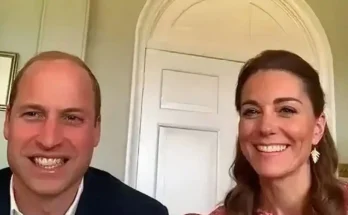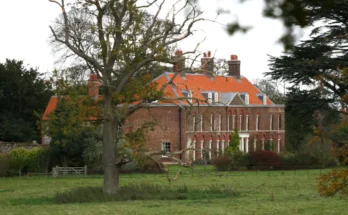As I sit here, reminiscing on the events that transpired just a few weeks ago, I can’t help but feel a mix of emotions. Sadness, anger, and a sense of pride for standing up for what was right. It all started when Jason’s estranged parents showed up at my doorstep, demanding the house he had left behind. Little did I know, I was about to be plunged into a battle I never saw coming.
Jason and I had been inseparable since the moment he arrived at my door when we were both 17. His parents had thrown him out without any explanation, but my mom didn’t hesitate to take him in as part of our family. We leaned on each other through the ups and downs of high school and college. I went into HR, enjoying the complexity of human behavior, while Jason was a genius with computers, always helping me make sense of things I couldn’t.
But four years ago, life threw us the worst possible curveball. Jason was diagnosed with bone cancer. It felt like the universe had decided we had too many good years and needed to even the score. But even in the face of such a devastating blow, we stayed strong. I took on more hours at work, handled the mortgage on Jason’s house, and did everything I could to keep us going. Jason, in his quiet, stubborn way, held onto the hope that his parents might come around. But they never did.
When Jason’s funeral took place a month ago, I was still drowning in grief when his family showed up, acting as if they had every right to be there. It was infuriating. The very people who had abandoned him when he needed them most were now trying to claim what was rightfully mine. I remember opening the door to see Susan, Jason’s mom, with a fake sweetness that made my skin crawl. She offered her condolences, but I knew it was all an act. They were here for one reason: the house.
Charles, Jason’s dad, didn’t waste any time and got straight to the point. They believed that since Jason was their son, the house should now belong to them. I couldn’t believe what I was hearing. I reminded them that I had been paying the mortgage and that the house was in my name, but their lawyer chimed in with the legal argument that as Jason’s next of kin, they had a rightful claim to the property.
I was furious. How could they just come in and take what was rightfully mine? I offered to sell the house to them for the price Jason had paid and the mortgage payments I had made, but they refused, insisting that the house belonged to them. It was a surreal moment, watching them try to take something that had never been theirs to begin with.
Then, I remembered the envelope. The one Jason had left for them. I walked over to the sideboard in the living room, opened the drawer, and pulled out the worn and creased envelope. I held it up, the weight of it almost crushing in its simplicity. This was their inheritance. Not the house, but a final letter from Jason.
As they read the letter, their expressions changed from anticipation to anger. Jason’s words weren’t what they had expected. He had forgiven them for the pain they caused and had made peace with what had happened. It was a powerful moment, watching their faces fall as they realized that they had lost the one thing they had come for.
In the end, I stood my ground and refused to give them the house. I asked them one final question, one that they had never been able to answer before: Why did they cut ties with their own son? Why did they ignore his attempts to reconcile? And if they could give me an honest answer, I would consider their request. But they couldn’t. And in that moment, I knew they had no right to anything that Jason had left behind.
As they left, defeated and without a word, I felt a mix of emotions. Sadness for Jason and everything he had gone through, but also relief and a sense of pride for standing up for him. The house was still mine, but it was more than that. It was ours, and I would carry Jason’s memory with me, within these walls and in my heart, for as long as I lived.



